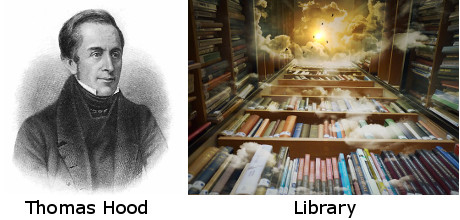Margaret Mead? Jim Wright? John Peers? Meade? Red Green? Apocryphal? Anonymous?
Question for Quote Investigator: A very funny quotation about individuality has been attributed to the influential anthropologist Margaret Mead:
Always remember that you are absolutely unique. Just like everyone else.
I would like to include this in a book I am preparing, but I have not been able to find a good citation, yet. Would you please help?
Reply from Quote Investigator: QI has found no substantive support for the assertion that this remark was made by Margaret Mead. In fact, QI conjectures that the ascription was constructed based on the misreading of a passage in the 1979 citation presented further below.
The earliest evidence located by QI of a similar type of quip appeared in 1971 and was written by an assistant editorial director for the “The Dallas Morning News” named Jim Wright. Wright criticized a best-selling book from the 1970s called “The Greening of America” by a Yale academic. Boldface has been added to excerpts:1
In other words, the Yale professor’s best-selling work answers the burning question that every teen-age youth revolutionary is asking today: “How can I be unique just like everybody else?”
Because this joke can be expressed in many ways it has been difficult to trace, and the existence of instances before 1971 would be unsurprising to QI.
An exact match for the saying under investigation was printed in a 1979 compilation from John Peers with a remarkably long title: “1,001 Logical Laws, Accurate Axioms, Profound Principles, Trusty Truisms, Homey Homilies, Colorful Corollaries, Quotable Quotes, and Rambunctious Ruminations for All Walks of Life”:2
Meade’s Maxim:
Always remember that you are absolutely unique. Just like everyone else.
Note that Peers labeled the adage “Meade’s Maxim” and not “Mead’s Maxim”. In addition, sometimes Peers selected a label for comical effect, e.g.:3
The Skier’s Rumination:
Don’t ever eat yellow snow.
So, the saying may not even be solidly linked to someone named Meade.
Here are additional selected citations in chronological order.
Continue reading “Quote Origin: Always Remember That You Are Absolutely Unique. Just Like Everyone Else”
